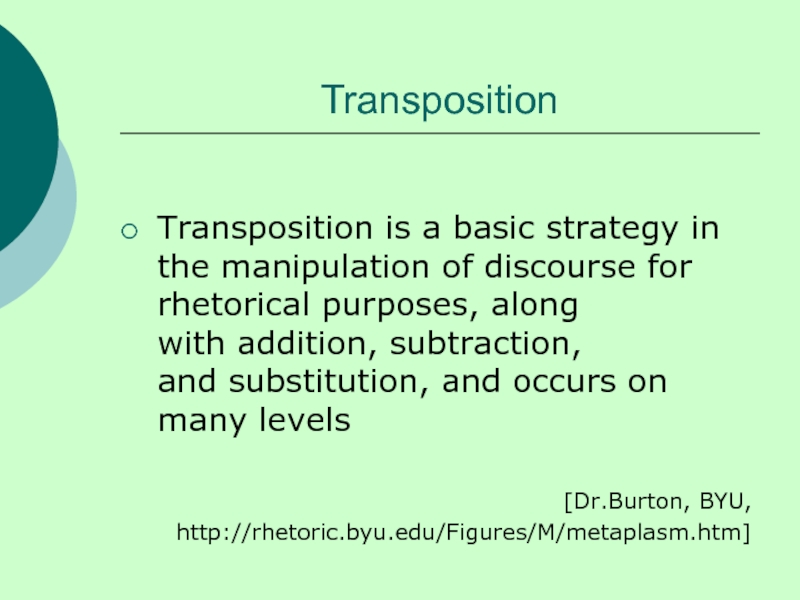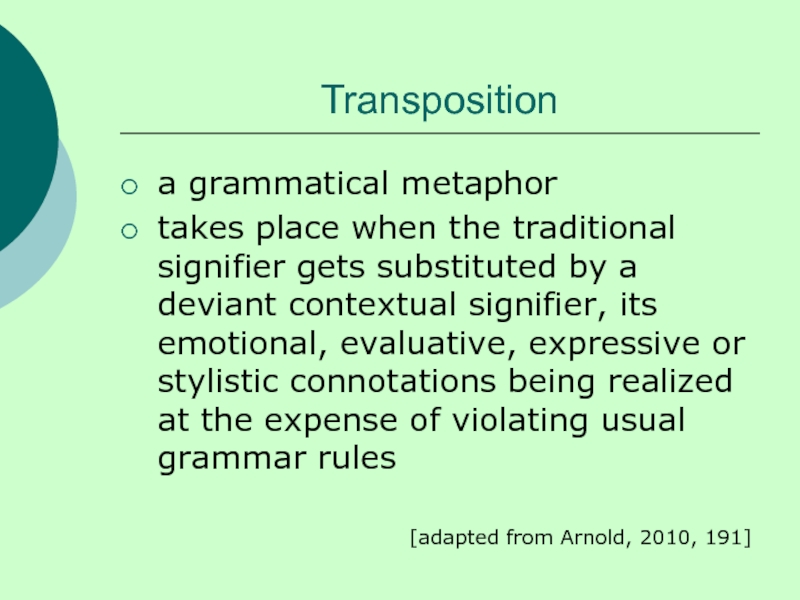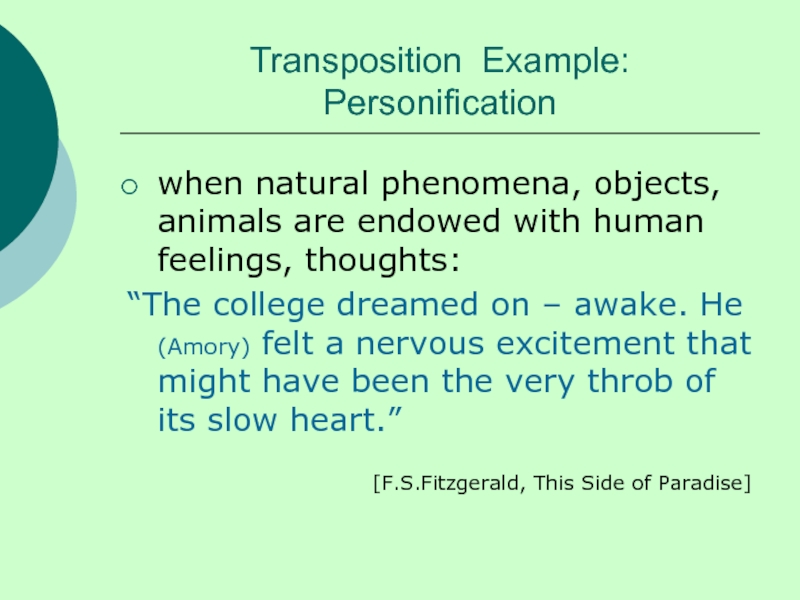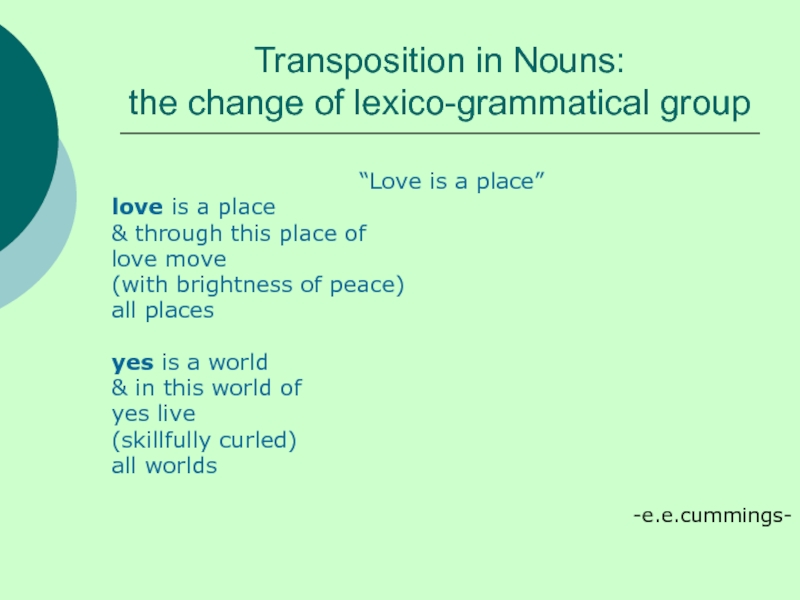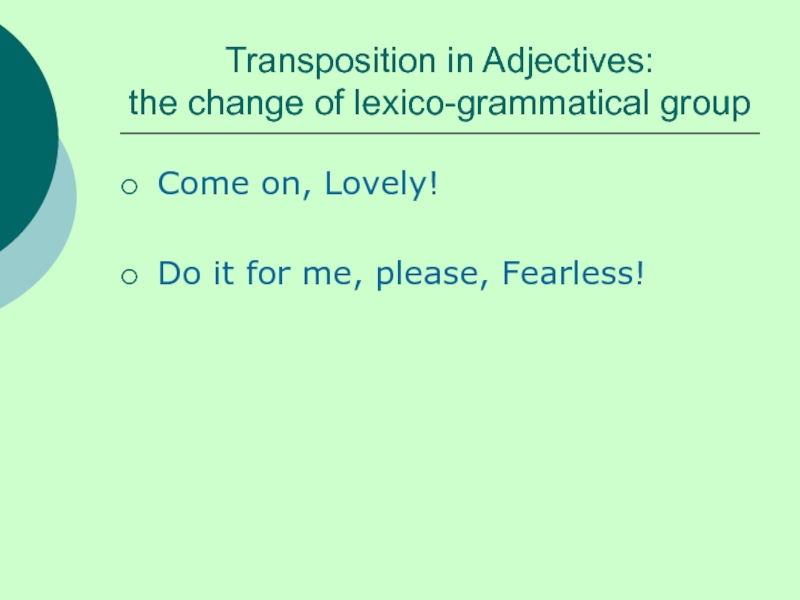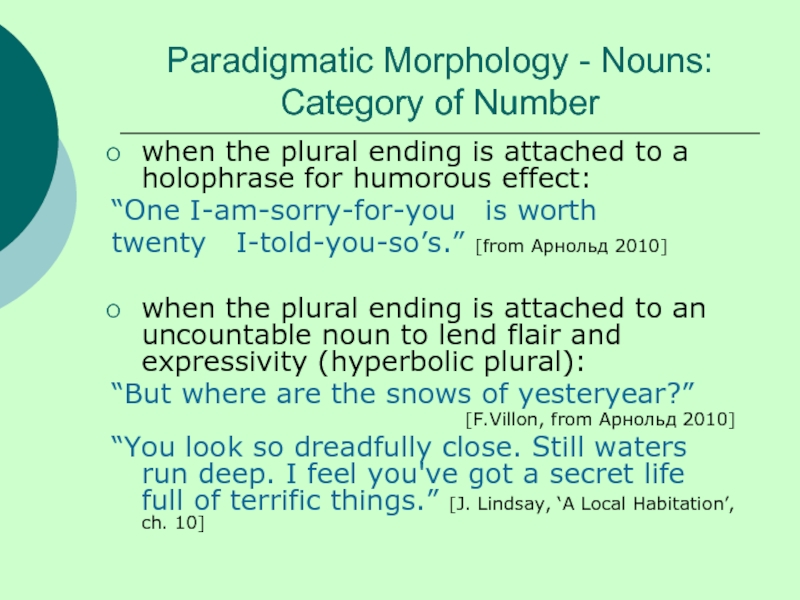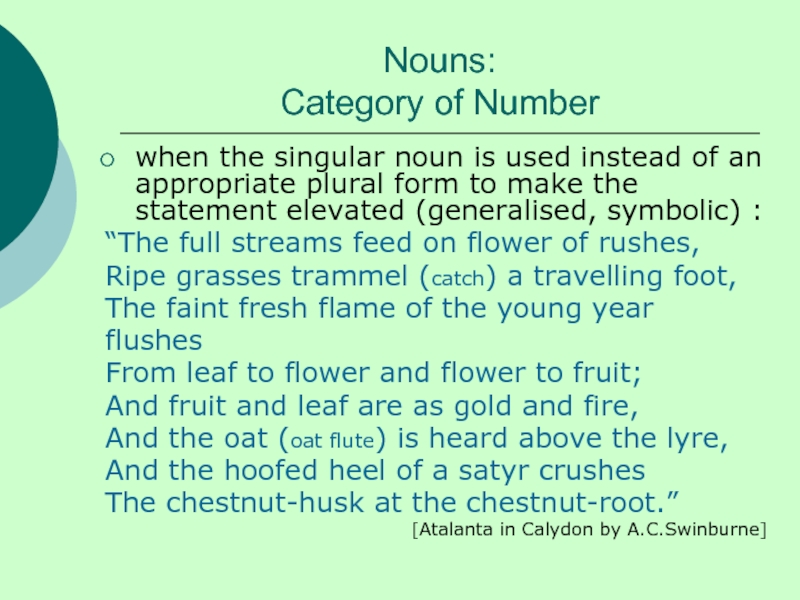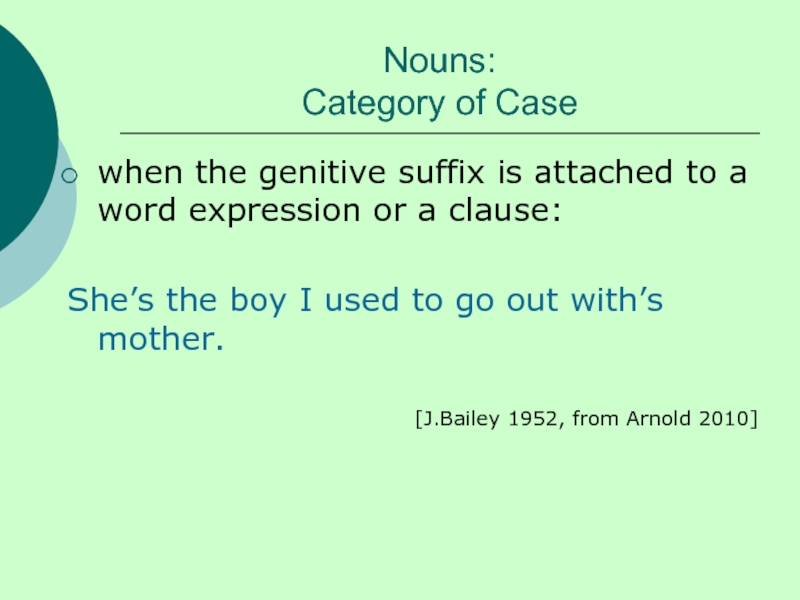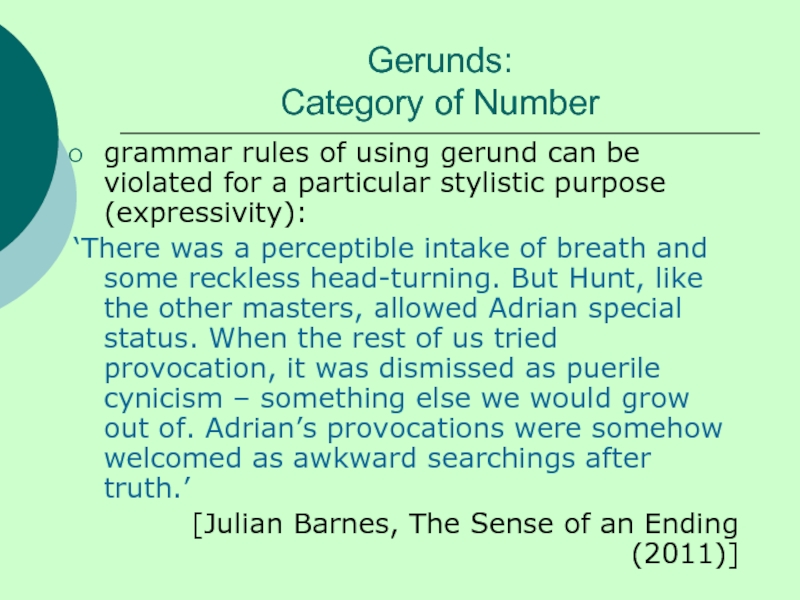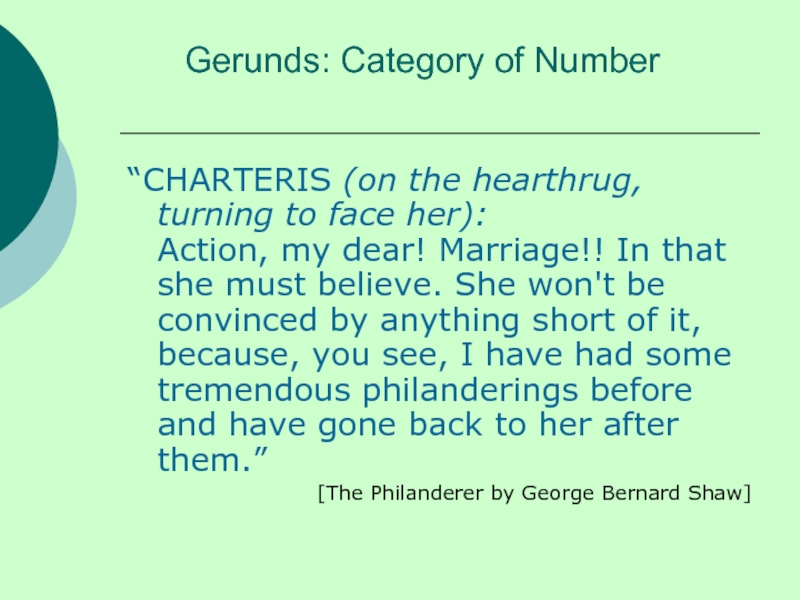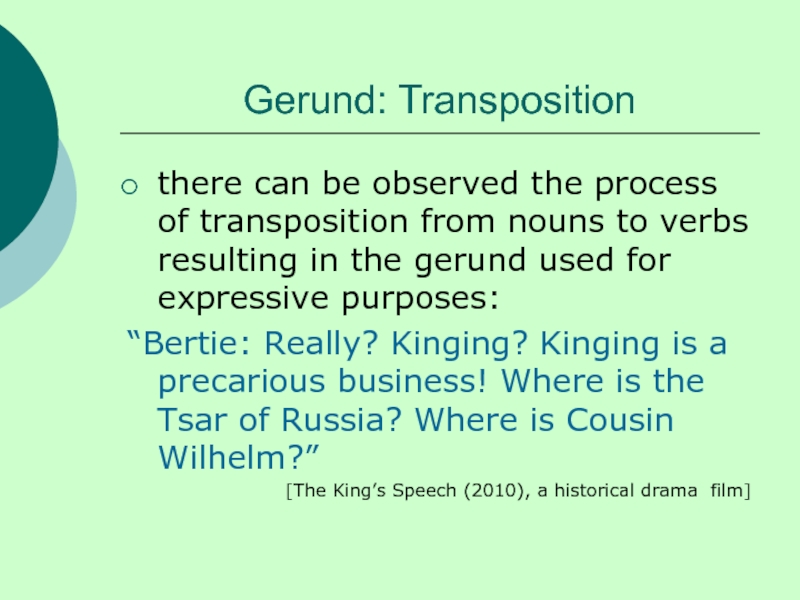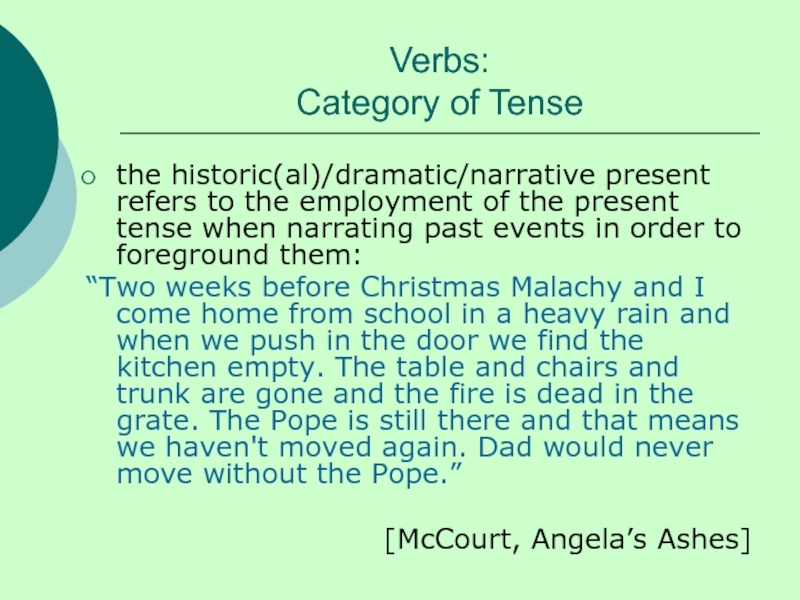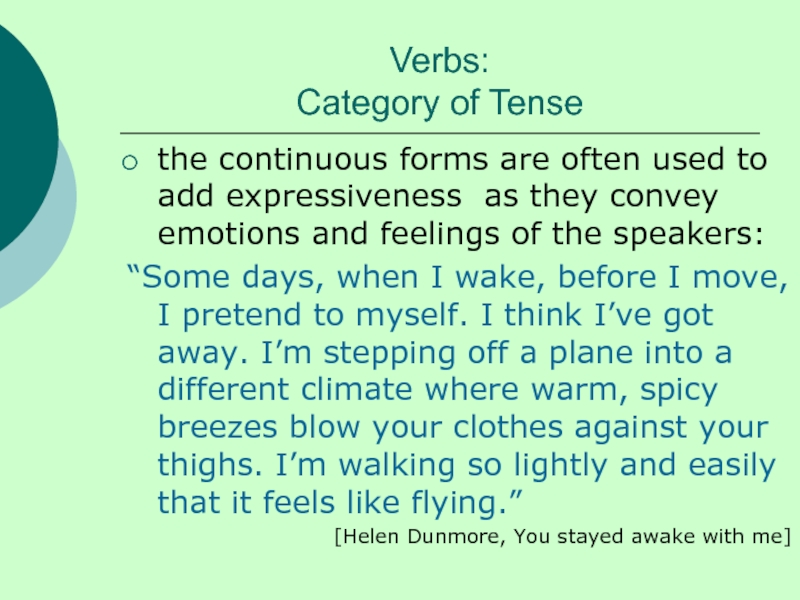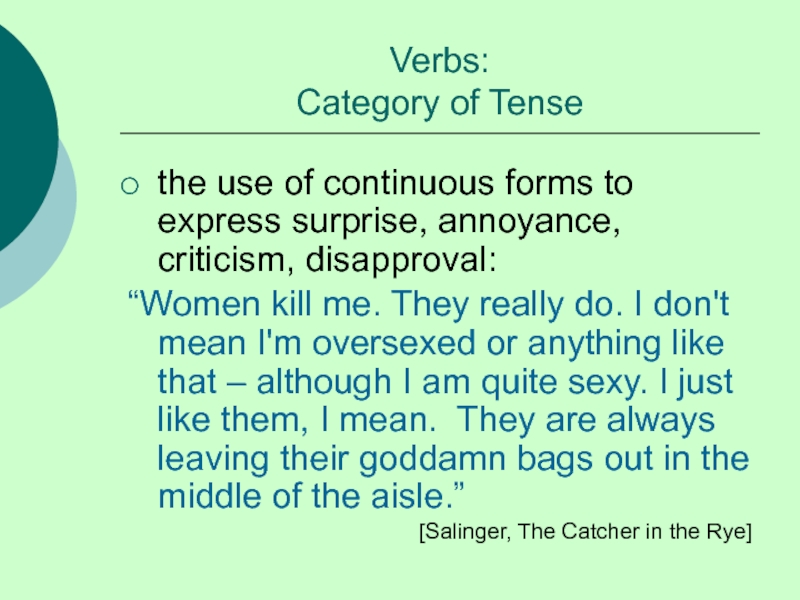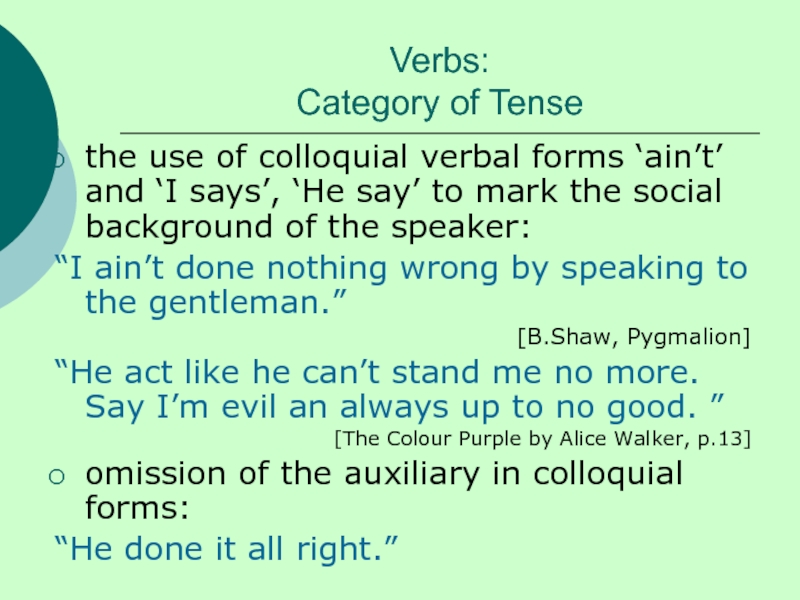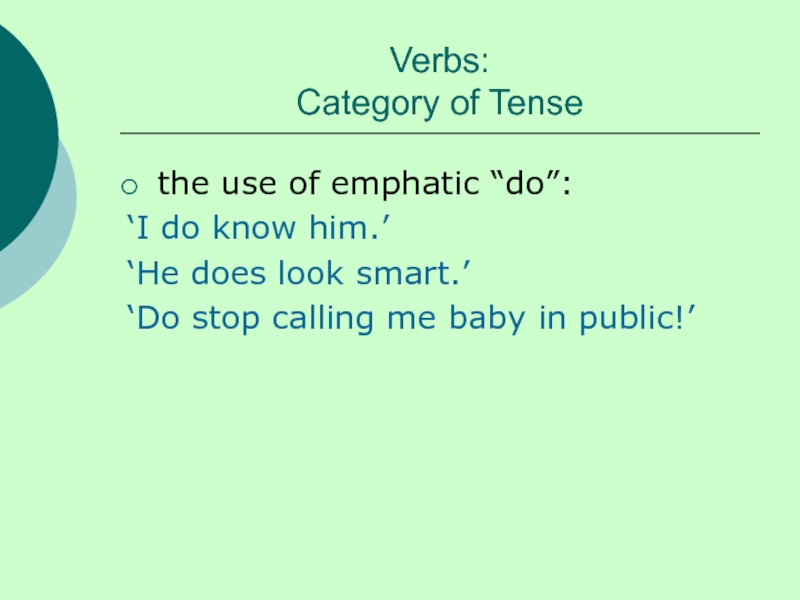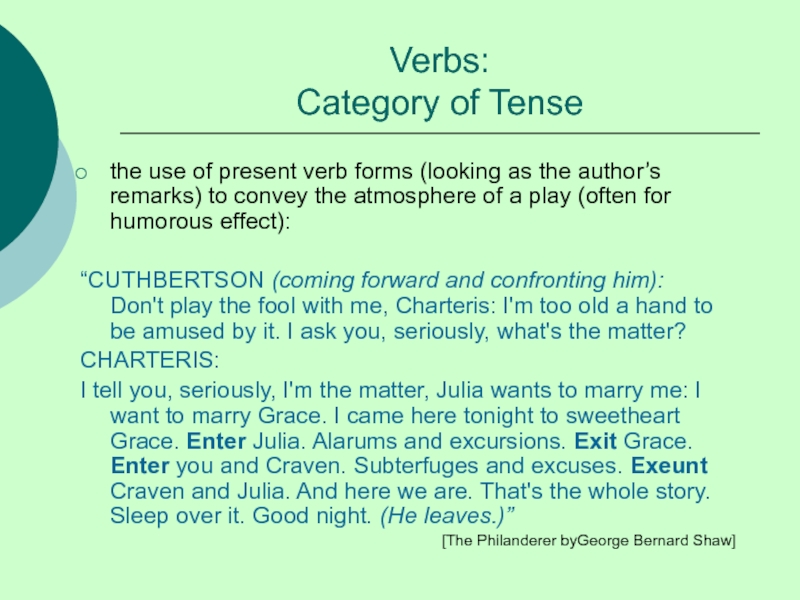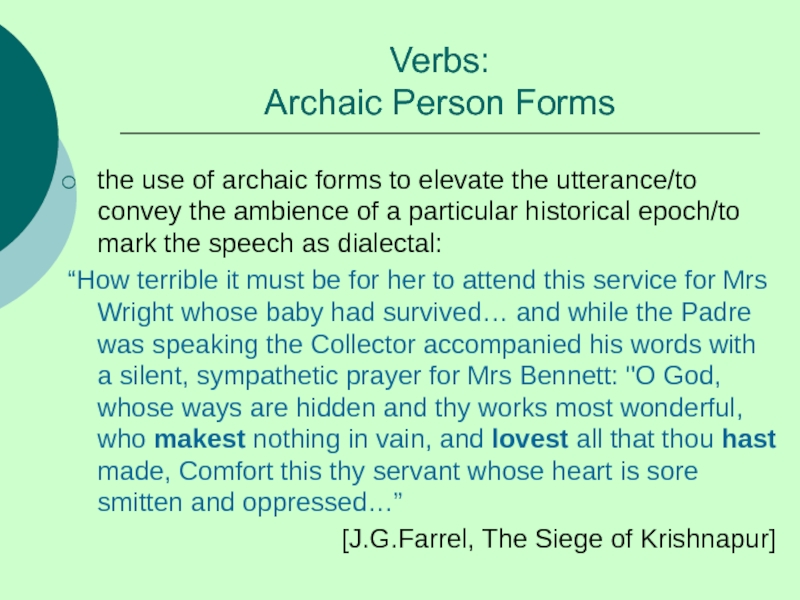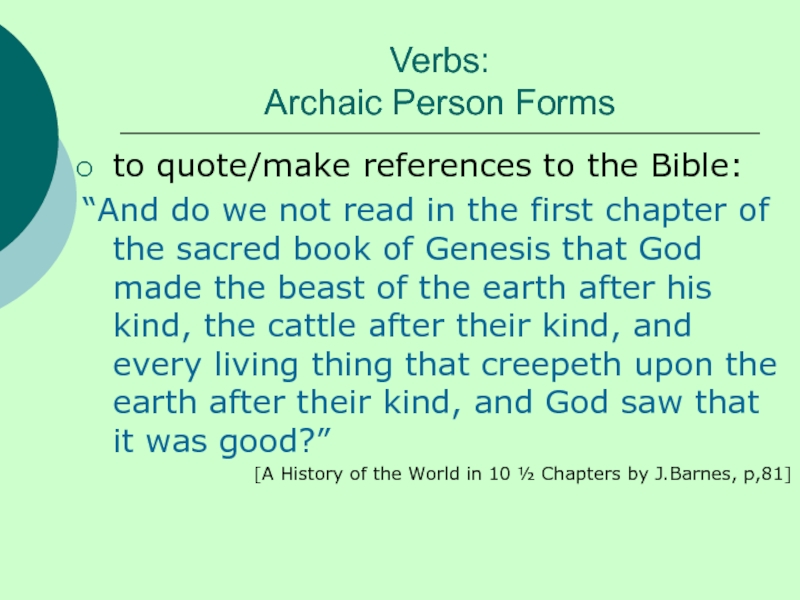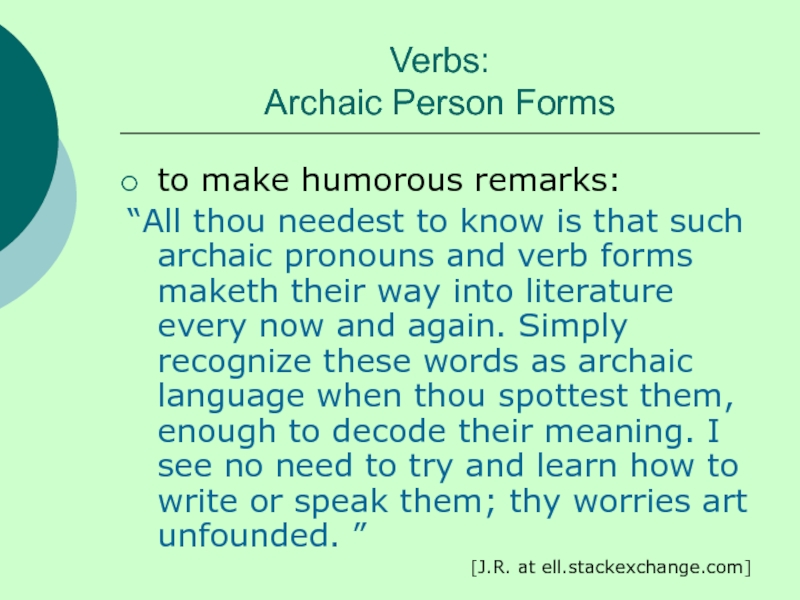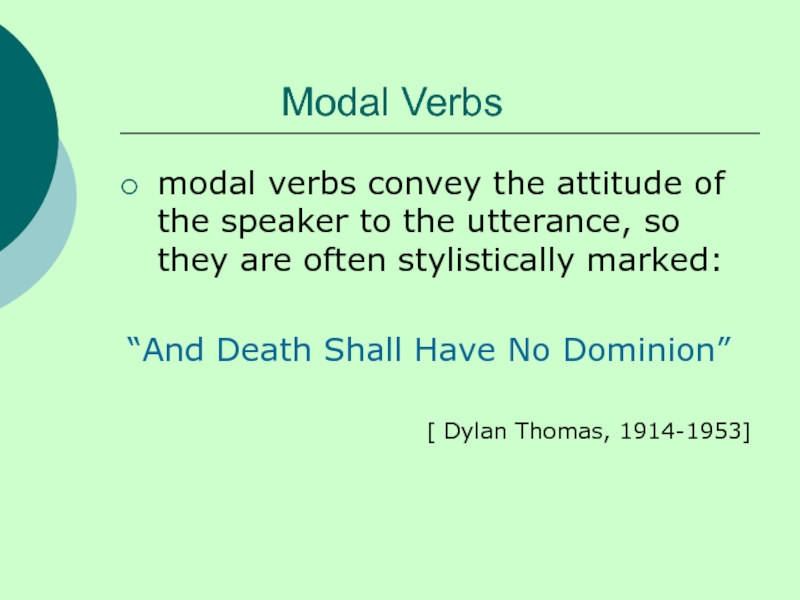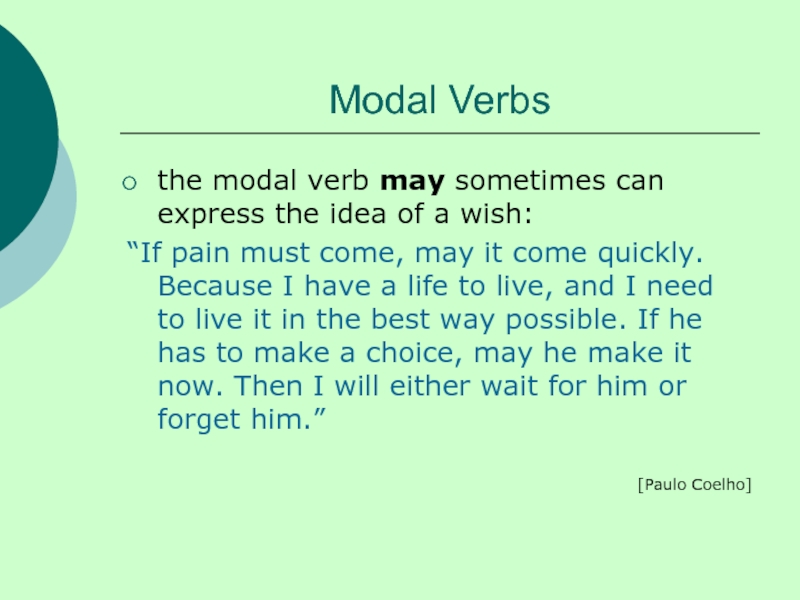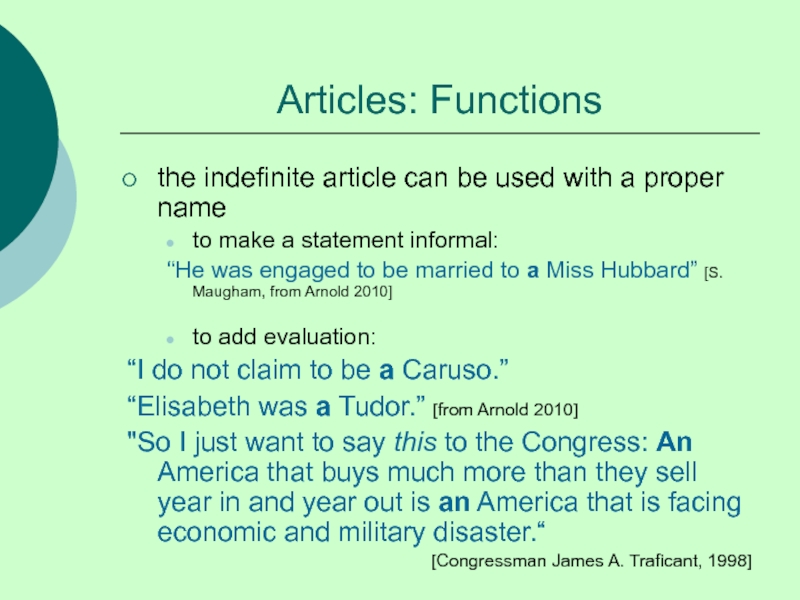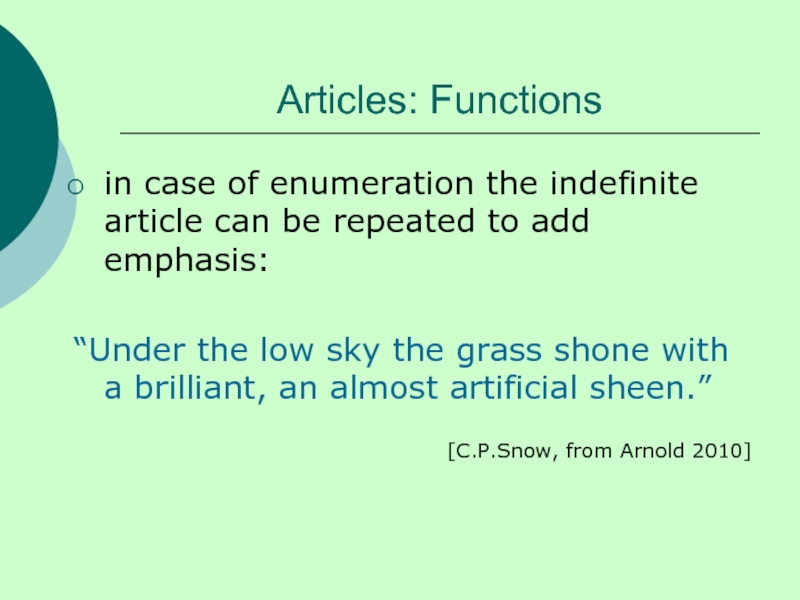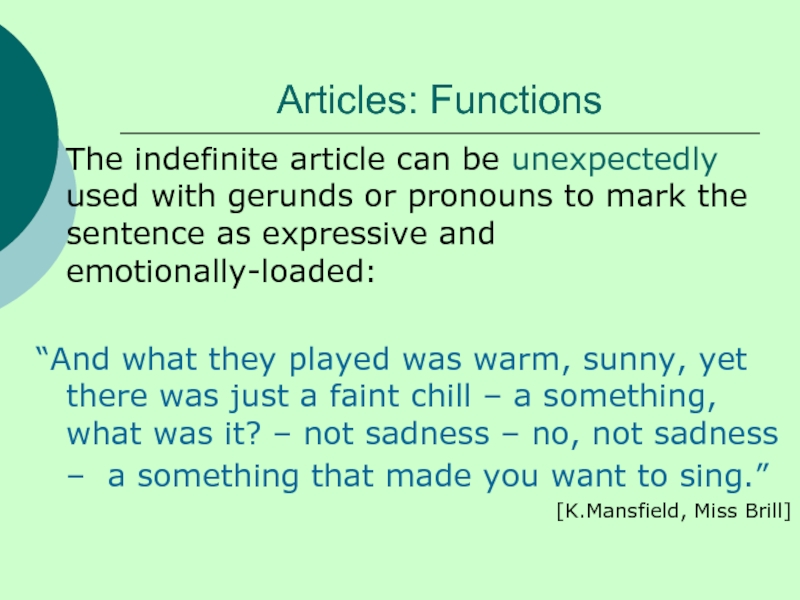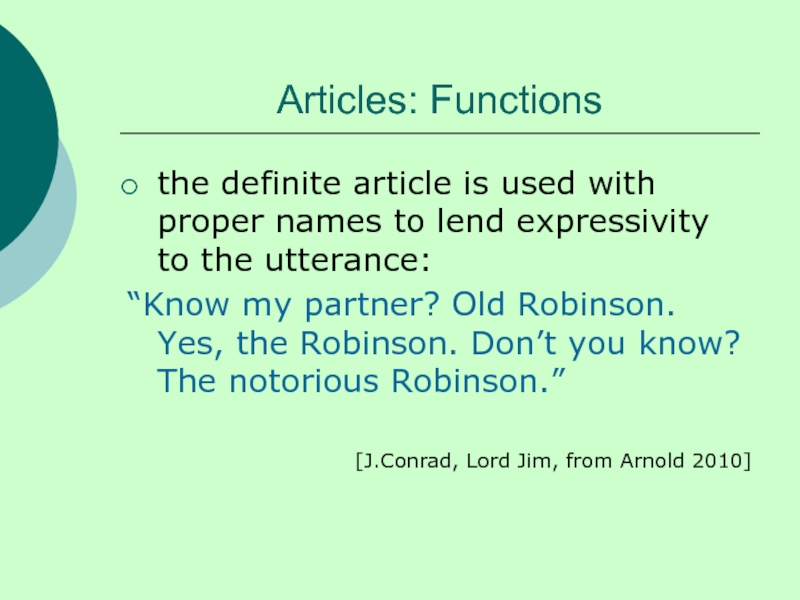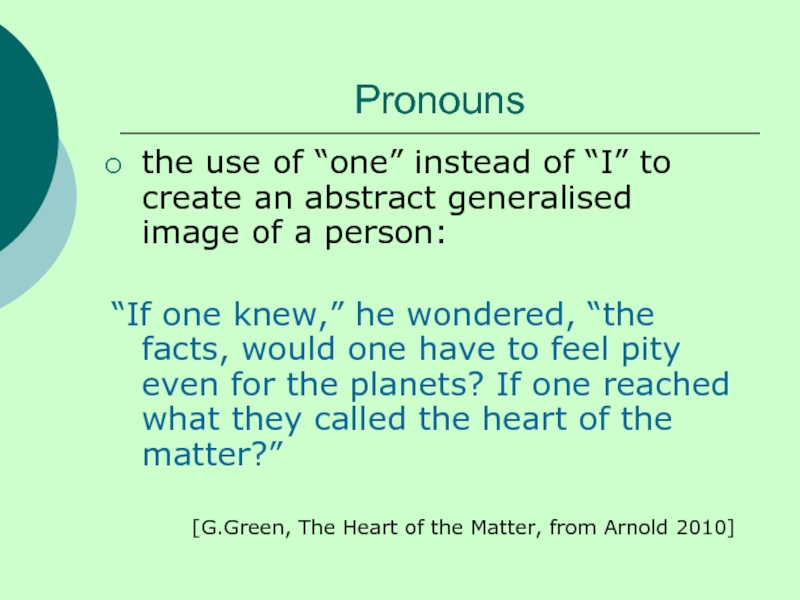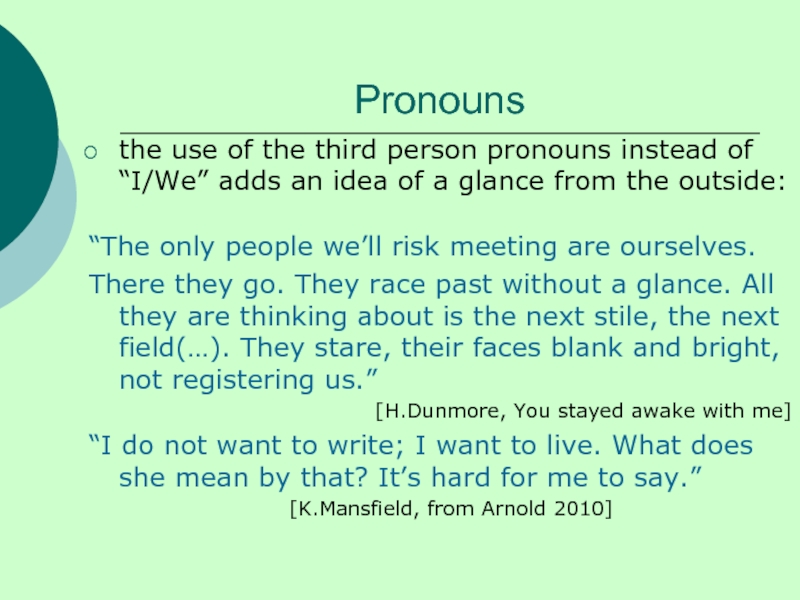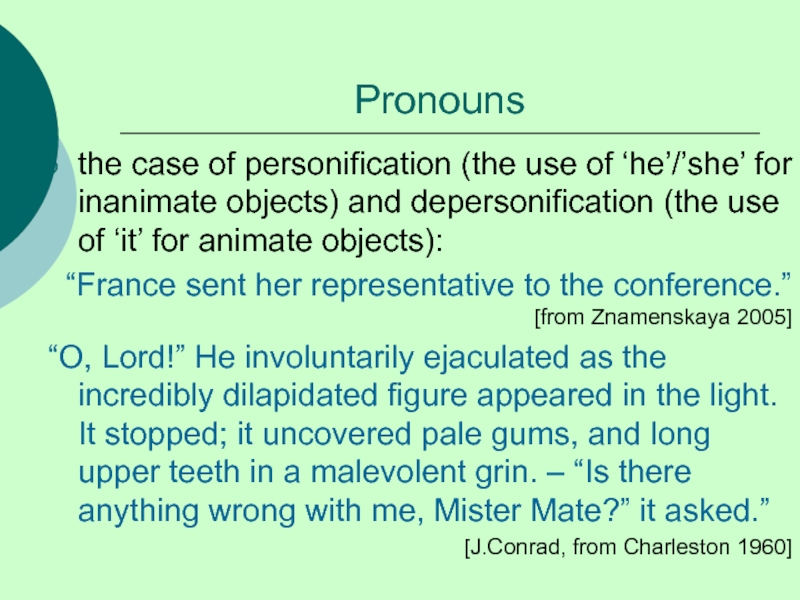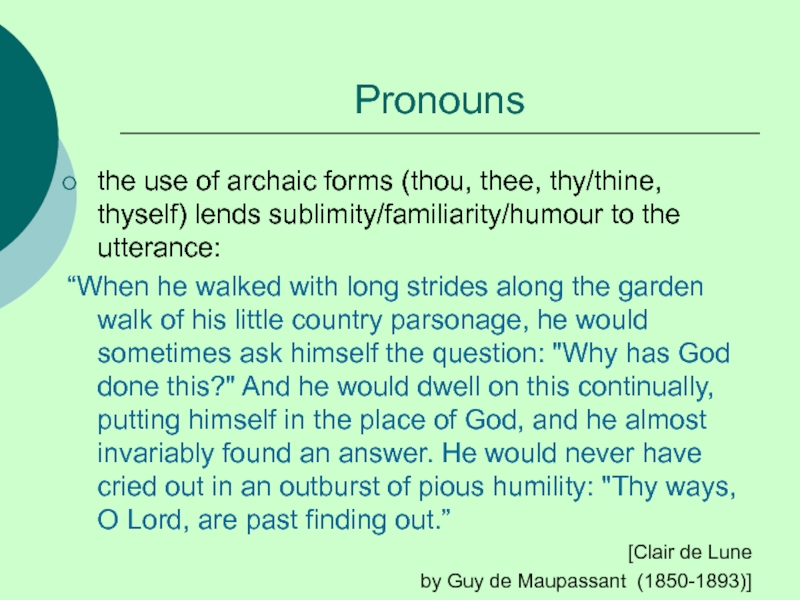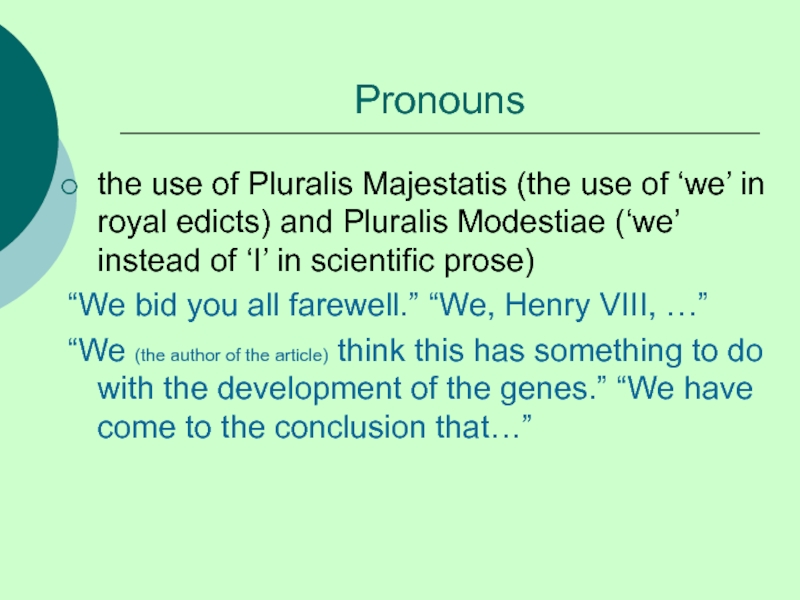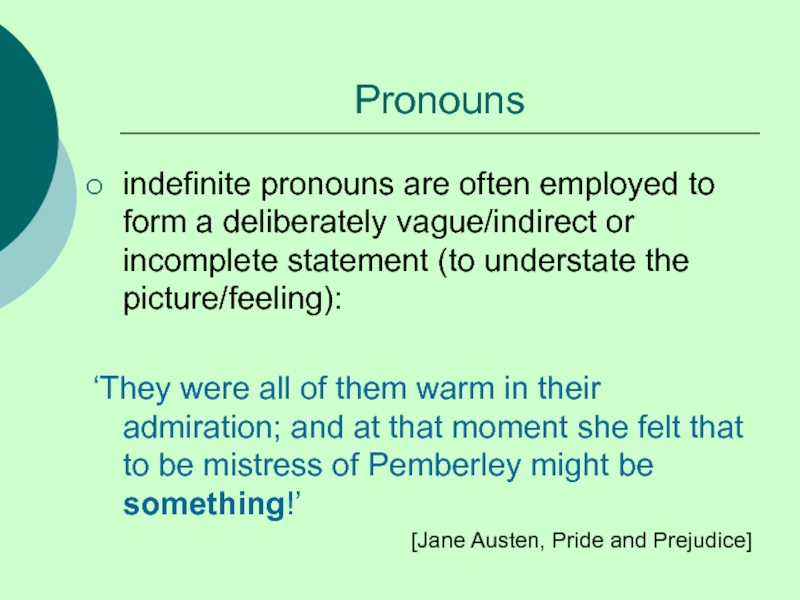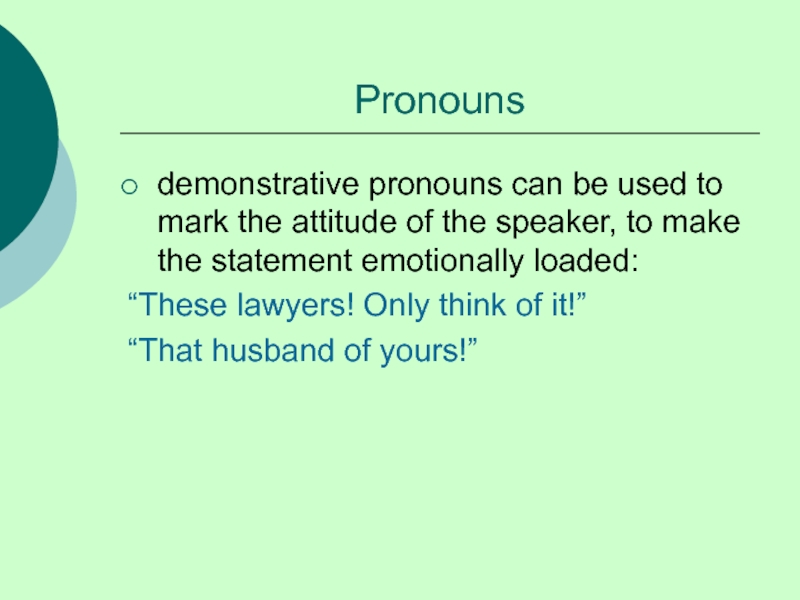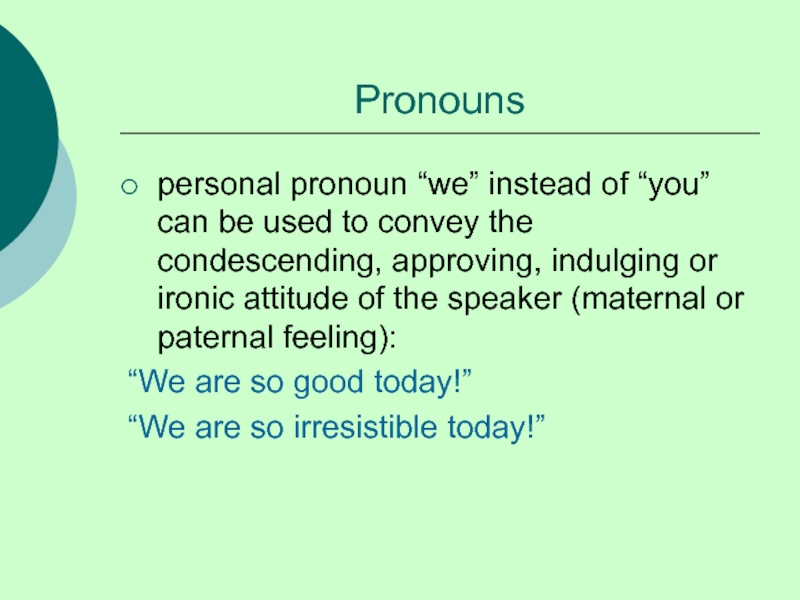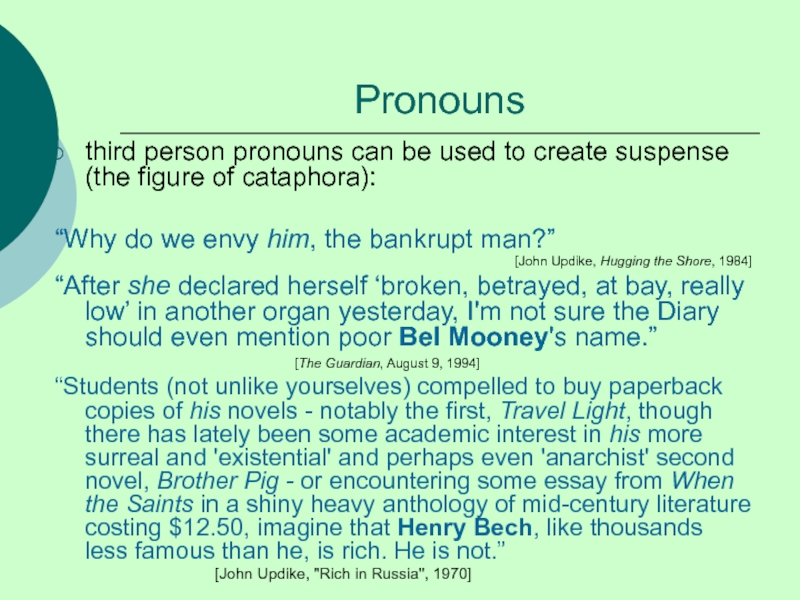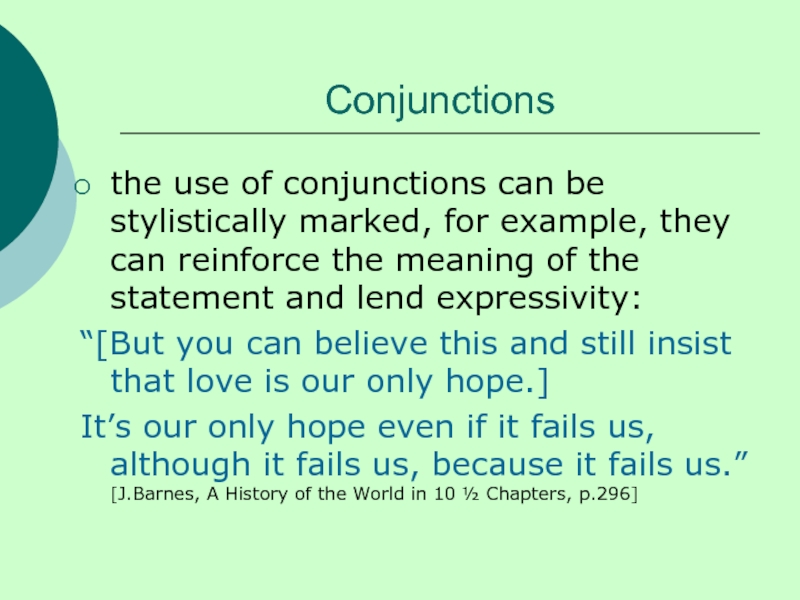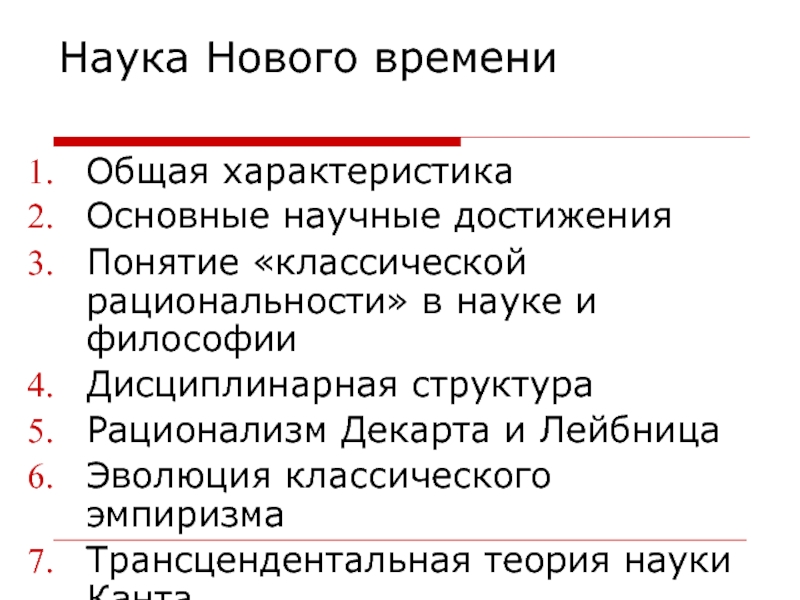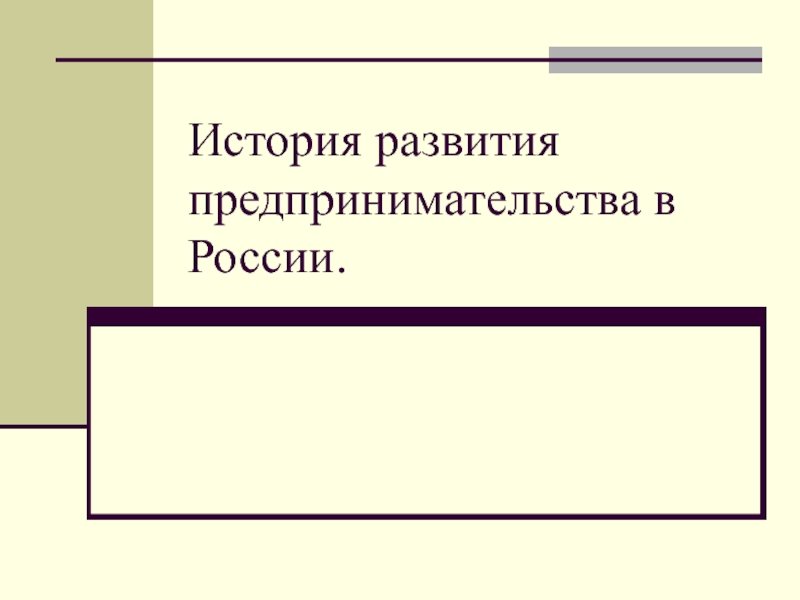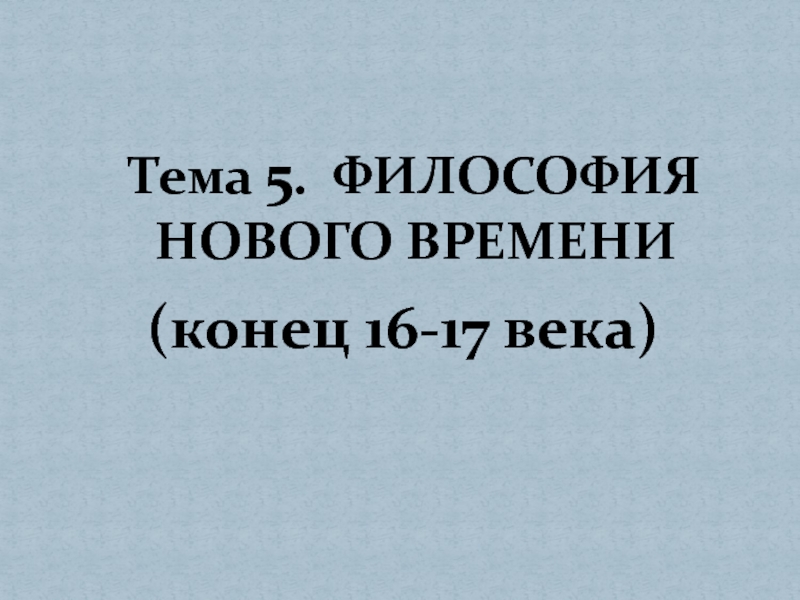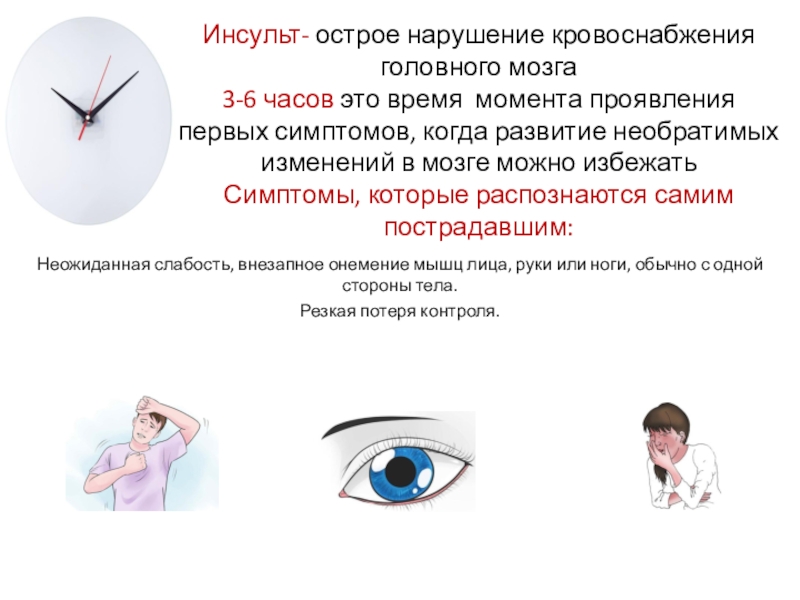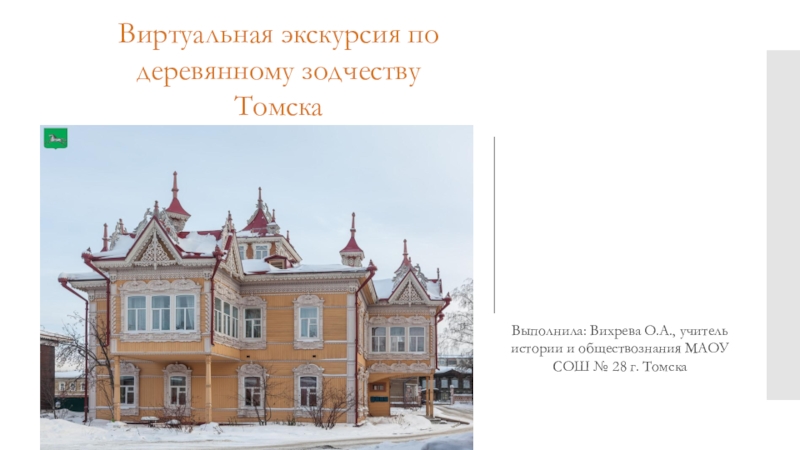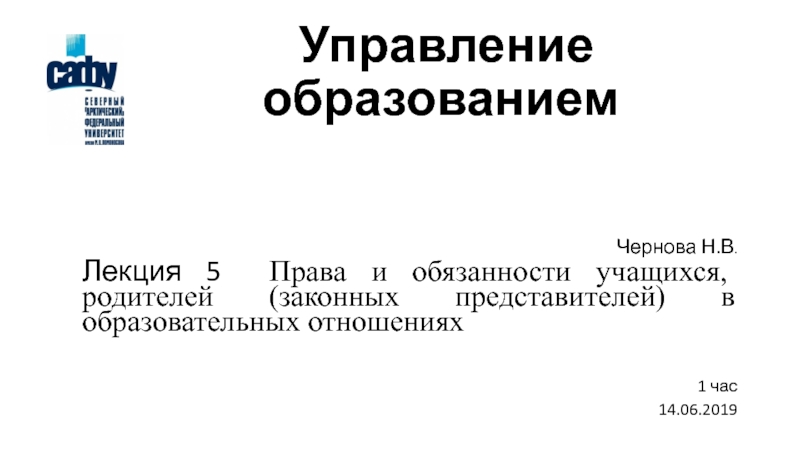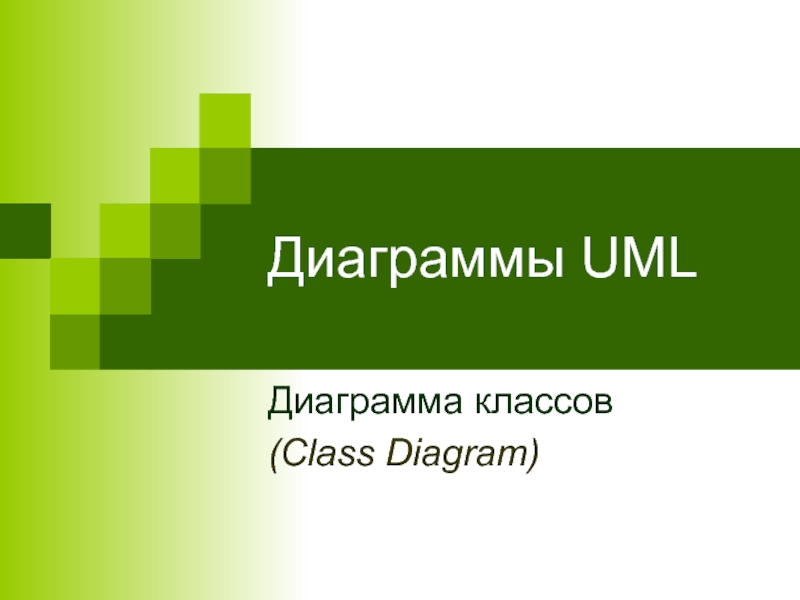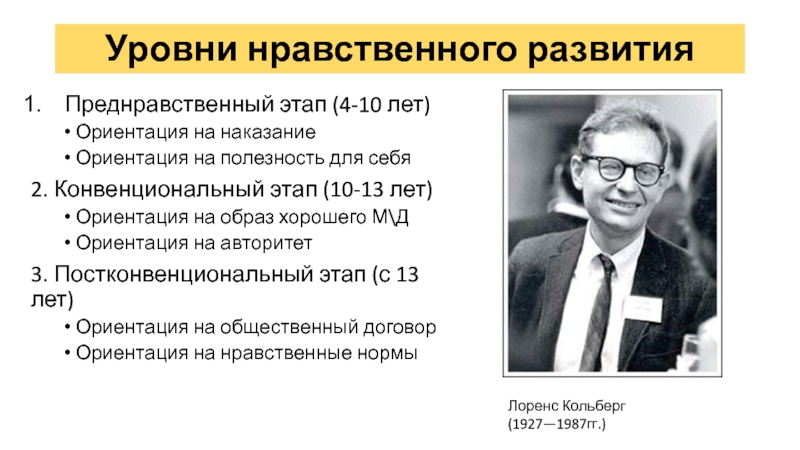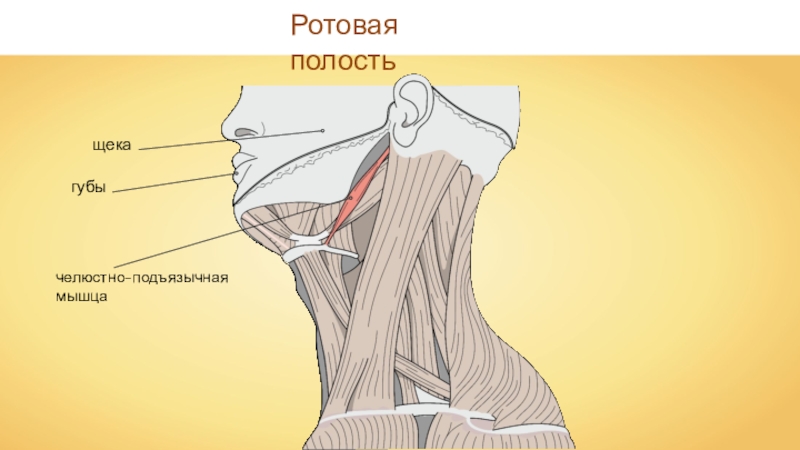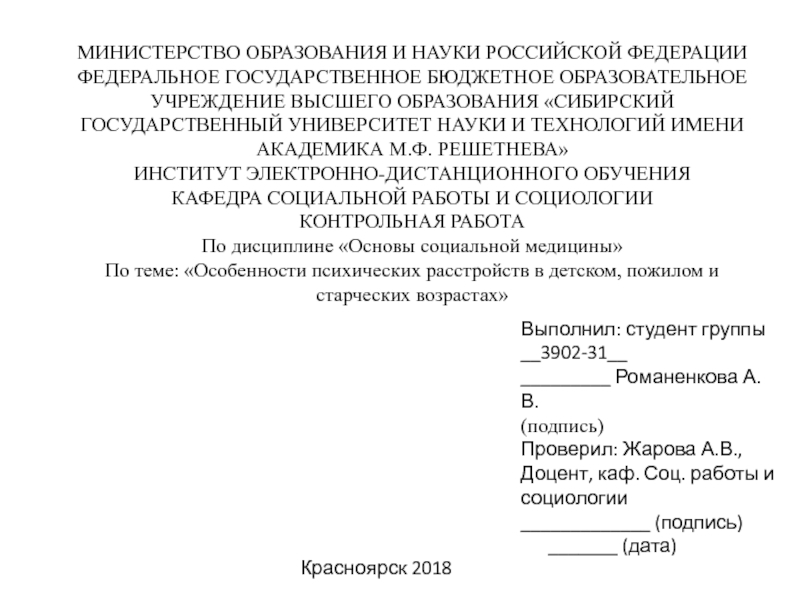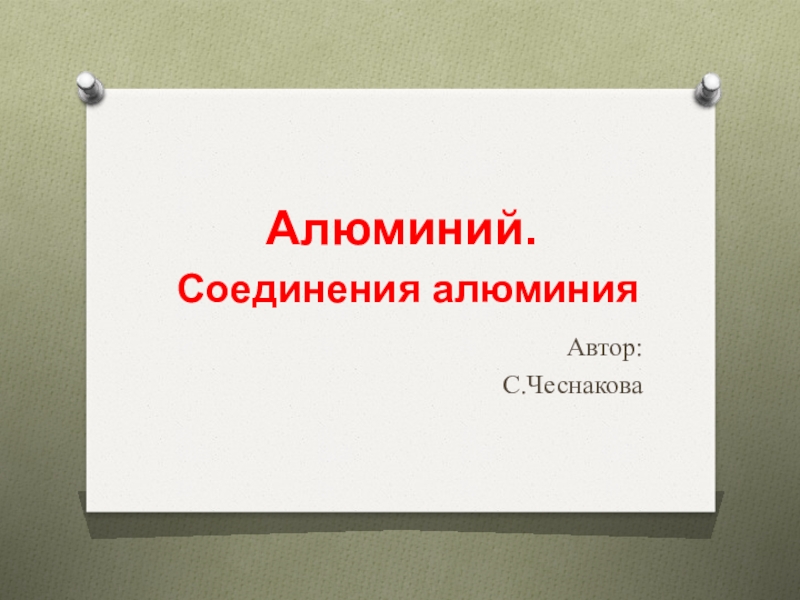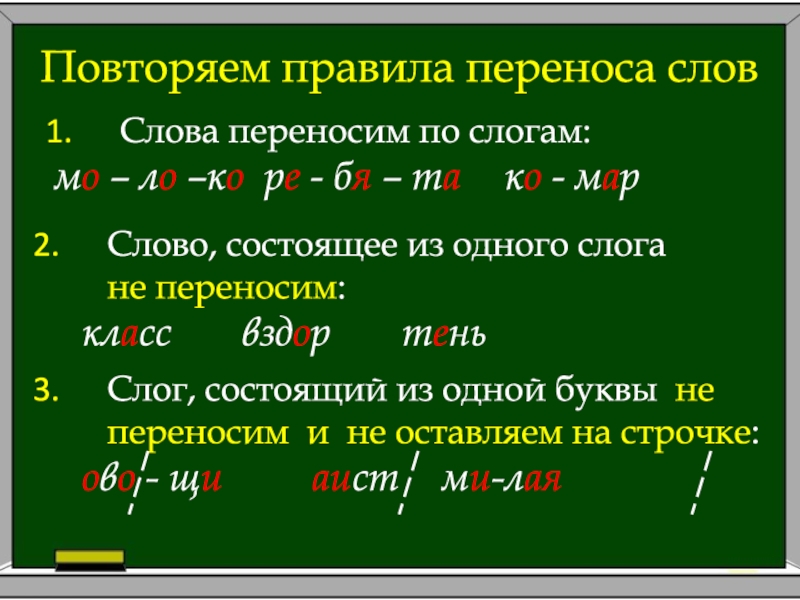Разделы презентаций
- Разное
- Английский язык
- Астрономия
- Алгебра
- Биология
- География
- Геометрия
- Детские презентации
- Информатика
- История
- Литература
- Математика
- Медицина
- Менеджмент
- Музыка
- МХК
- Немецкий язык
- ОБЖ
- Обществознание
- Окружающий мир
- Педагогика
- Русский язык
- Технология
- Физика
- Философия
- Химия
- Шаблоны, картинки для презентаций
- Экология
- Экономика
- Юриспруденция
Koroteeva Valentina Vladimirovna, valentina.shilova77@gmail.com
Содержание
- 1. Koroteeva Valentina Vladimirovna, valentina.shilova77@gmail.com
- 2. Morphological Expressive Means OutlineParadigmatic and syntagmatic morphologyTranspositionParadigmatic morphology: nounsverbsarticlespronounsadjectivesadverbsSyntagmatic morphology: parallelism
- 3. Morphological Expressive Means Paradigmatic Morphology: the categories
- 4. Paradigmatic morphology: TranspositionTo transpose meansTo alter the position ofTo put into a different order [Collins]
- 5. TranspositionTransposition is a basic strategy in the
- 6. Transpositiona grammatical metaphortakes place when the traditional
- 7. Transposition Example: Personificationwhen natural phenomena, objects, animals
- 8. Transposition in Nouns: the change of lexico-grammatical
- 9. Transposition in Adjectives: the change of lexico-grammatical groupCome on, Lovely!Do it for me, please, Fearless!
- 10. Paradigmatic Morphology - Nouns: Category of Numberwhen
- 11. Nouns: Category of Numberwhen the singular noun
- 12. Nouns: Category of Casewhen the genitive suffix
- 13. Gerunds: Category of Numbergrammar rules of using
- 14. Gerunds: Category of Number “CHARTERIS (on the hearthrug,
- 15. Gerund: Transpositionthere can be observed the process
- 16. Verbs: Category of Tensethe historic(al)/dramatic/narrative present refers
- 17. Verbs: Category of Tensethe continuous forms are
- 18. Verbs: Category of Tensethe use of continuous
- 19. Verbs: Category of Tensethe use of colloquial
- 20. Verbs: Category of Tensethe use of emphatic
- 21. Verbs: Category of Tensethe use of present
- 22. Verbs: Archaic Person Formsthe use of archaic
- 23. Verbs: Archaic Person Formsto quote/make references to
- 24. Verbs: Archaic Person Formsto make humorous remarks:“All
- 25. Modal Verbsmodal verbs convey the attitude of
- 26. Modal Verbsthe modal verb may sometimes can
- 27. Articles: Functionsthe indefinite article can be used
- 28. Articles: Functionsin case of enumeration the indefinite
- 29. Articles: FunctionsThe indefinite article can be unexpectedly
- 30. Articles: Functionsthe definite article is used with
- 31. Pronounsthe use of “one” instead of “I”
- 32. Pronounsthe use of the third person pronouns
- 33. Pronounsthe case of personification (the use of
- 34. Pronounsthe use of archaic forms (thou, thee,
- 35. Pronounsthe use of Pluralis Majestatis (the use
- 36. Pronounsindefinite pronouns are often employed to form
- 37. Pronounsdemonstrative pronouns can be used to mark
- 38. Pronounspersonal pronoun “we” instead of “you” can
- 39. Pronounsthird person pronouns can be used to
- 40. Conjunctionsthe use of conjunctions can be stylistically
- 41. Thank you for your attention??
- 42. Скачать презентанцию
Morphological Expressive Means OutlineParadigmatic and syntagmatic morphologyTranspositionParadigmatic morphology: nounsverbsarticlespronounsadjectivesadverbsSyntagmatic morphology: parallelism
Слайды и текст этой презентации
Слайд 1
Koroteeva
Valentina Vladimirovna,
valentina.shilova77@gmail.com
Stylistics of the
English Language 7
Слайд 2Morphological Expressive Means
Outline
Paradigmatic and syntagmatic morphology
Transposition
Paradigmatic morphology:
nouns
verbs
articles
pronouns
adjectives
adverbs
Syntagmatic morphology: parallelism
Слайд 3Morphological Expressive Means
Paradigmatic Morphology: the categories of number, case,
tense, gender, person, mood – transposition - deviation from norm
Morphology: the repetition of morphemes, the recurrence of morphological meanings – parallelismСлайд 4Paradigmatic morphology:
Transposition
To transpose means
To alter the position of
To put into
a different order [Collins]
Слайд 5Transposition
Transposition is a basic strategy in the manipulation of discourse
for rhetorical purposes, along with addition, subtraction, and substitution, and occurs on many
levels[Dr.Burton, BYU,
http://rhetoric.byu.edu/Figures/M/metaplasm.htm]
Слайд 6Transposition
a grammatical metaphor
takes place when the traditional signifier gets substituted
by a deviant contextual signifier, its emotional, evaluative, expressive or
stylistic connotations being realized at the expense of violating usual grammar rules[adapted from Arnold, 2010, 191]
Слайд 7Transposition Example:
Personification
when natural phenomena, objects, animals are endowed with human
feelings, thoughts:
“The college dreamed on – awake. He (Amory) felt
a nervous excitement that might have been the very throb of its slow heart.” [F.S.Fitzgerald, This Side of Paradise]
Слайд 8Transposition in Nouns:
the change of lexico-grammatical group
“Love is a place”
love
is a place
& through this place of
love move
(with
brightness of peace)all places
yes is a world
& in this world of
yes live
(skillfully curled)
all worlds
-e.e.cummings-
Слайд 9Transposition in Adjectives:
the change of lexico-grammatical group
Come on, Lovely!
Do it
for me, please, Fearless!
Слайд 10Paradigmatic Morphology - Nouns:
Category of Number
when the plural ending is
attached to a holophrase for humorous effect:
“One I-am-sorry-for-you is
worthtwenty I-told-you-so’s.” [from Арнольд 2010]
when the plural ending is attached to an uncountable noun to lend flair and expressivity (hyperbolic plural):
“But where are the snows of yesteryear?”
[F.Villon, from Арнольд 2010]
“You look so dreadfully close. Still waters run deep. I feel you've got a secret life full of terrific things.” [J. Lindsay, ‘A Local Habitation’, ch. 10]
Слайд 11Nouns:
Category of Number
when the singular noun is used instead of
an appropriate plural form to make the statement elevated (generalised,
symbolic) :“The full streams feed on flower of rushes,
Ripe grasses trammel (catch) a travelling foot,
The faint fresh flame of the young year
flushes
From leaf to flower and flower to fruit;
And fruit and leaf are as gold and fire,
And the oat (oat flute) is heard above the lyre,
And the hoofed heel of a satyr crushes
The chestnut-husk at the chestnut-root.”
[Atalanta in Calydon by A.C.Swinburne]
Слайд 12Nouns:
Category of Case
when the genitive suffix is attached to a
word expression or a clause:
She’s the boy I used to
go out with’s mother.[J.Bailey 1952, from Arnold 2010]
Слайд 13Gerunds:
Category of Number
grammar rules of using gerund can be violated
for a particular stylistic purpose (expressivity):
‘There was a perceptible intake
of breath and some reckless head-turning. But Hunt, like the other masters, allowed Adrian special status. When the rest of us tried provocation, it was dismissed as puerile cynicism – something else we would grow out of. Adrian’s provocations were somehow welcomed as awkward searchings after truth.’[Julian Barnes, The Sense of an Ending (2011)]
Слайд 14Gerunds: Category of Number
“CHARTERIS (on the hearthrug, turning to face her):
Action,
my dear! Marriage!! In that she must believe. She won't
be convinced by anything short of it, because, you see, I have had some tremendous philanderings before and have gone back to her after them.”[The Philanderer by George Bernard Shaw]
Слайд 15Gerund: Transposition
there can be observed the process of transposition from
nouns to verbs resulting in the gerund used for expressive
purposes:“Bertie: Really? Kinging? Kinging is a precarious business! Where is the Tsar of Russia? Where is Cousin Wilhelm?”
[The King’s Speech (2010), a historical drama film]
Слайд 16Verbs:
Category of Tense
the historic(al)/dramatic/narrative present refers to the employment of
the present tense when narrating past events in order to foreground
them:“Two weeks before Christmas Malachy and I come home from school in a heavy rain and when we push in the door we find the kitchen empty. The table and chairs and trunk are gone and the fire is dead in the grate. The Pope is still there and that means we haven't moved again. Dad would never move without the Pope.”
[McCourt, Angela’s Ashes]
Слайд 17Verbs:
Category of Tense
the continuous forms are often used to add
expressiveness as they convey emotions and feelings of the speakers:
“Some
days, when I wake, before I move, I pretend to myself. I think I’ve got away. I’m stepping off a plane into a different climate where warm, spicy breezes blow your clothes against your thighs. I’m walking so lightly and easily that it feels like flying.”[Helen Dunmore, You stayed awake with me]
Слайд 18Verbs:
Category of Tense
the use of continuous forms to express surprise,
annoyance, criticism, disapproval:
“Women kill me. They really do. I don't
mean I'm oversexed or anything like that – although I am quite sexy. I just like them, I mean. They are always leaving their goddamn bags out in the middle of the aisle.” [Salinger, The Catcher in the Rye]
Слайд 19Verbs:
Category of Tense
the use of colloquial verbal forms ‘ain’t’ and
‘I says’, ‘He say’ to mark the social background of
the speaker:“I ain’t done nothing wrong by speaking to the gentleman.”
[B.Shaw, Pygmalion]
“He act like he can’t stand me no more. Say I’m evil an always up to no good. ”
[The Colour Purple by Alice Walker, p.13]
omission of the auxiliary in colloquial forms:
“He done it all right.”
Слайд 20Verbs:
Category of Tense
the use of emphatic “do”:
‘I do know him.’
‘He
does look smart.’
‘Do stop calling me baby in public!’
Слайд 21Verbs:
Category of Tense
the use of present verb forms (looking as
the author’s remarks) to convey the atmosphere of a play
(often for humorous effect):“CUTHBERTSON (coming forward and confronting him): Don't play the fool with me, Charteris: I'm too old a hand to be amused by it. I ask you, seriously, what's the matter?
CHARTERIS:
I tell you, seriously, I'm the matter, Julia wants to marry me: I want to marry Grace. I came here tonight to sweetheart Grace. Enter Julia. Alarums and excursions. Exit Grace. Enter you and Craven. Subterfuges and excuses. Exeunt Craven and Julia. And here we are. That's the whole story. Sleep over it. Good night. (He leaves.)”
[The Philanderer byGeorge Bernard Shaw]
Слайд 22Verbs:
Archaic Person Forms
the use of archaic forms to elevate the
utterance/to convey the ambience of a particular historical epoch/to mark
the speech as dialectal:“How terrible it must be for her to attend this service for Mrs Wright whose baby had survived… and while the Padre was speaking the Collector accompanied his words with a silent, sympathetic prayer for Mrs Bennett: "O God, whose ways are hidden and thy works most wonderful, who makest nothing in vain, and lovest all that thou hast made, Comfort this thy servant whose heart is sore smitten and oppressed…”
[J.G.Farrel, The Siege of Krishnapur]
Слайд 23Verbs:
Archaic Person Forms
to quote/make references to the Bible:
“And do we
not read in the first chapter of the sacred book
of Genesis that God made the beast of the earth after his kind, the cattle after their kind, and every living thing that creepeth upon the earth after their kind, and God saw that it was good?”[A History of the World in 10 ½ Chapters by J.Barnes, p,81]
Слайд 24Verbs:
Archaic Person Forms
to make humorous remarks:
“All thou needest to know
is that such archaic pronouns and verb forms maketh their
way into literature every now and again. Simply recognize these words as archaic language when thou spottest them, enough to decode their meaning. I see no need to try and learn how to write or speak them; thy worries art unfounded. ”[J.R. at ell.stackexchange.com]
Слайд 25Modal Verbs
modal verbs convey the attitude of the speaker to
the utterance, so they are often stylistically marked:
“And Death Shall
Have No Dominion”[ Dylan Thomas, 1914-1953]
Слайд 26Modal Verbs
the modal verb may sometimes can express the idea
of a wish:
“If pain must come, may it come quickly.
Because I have a life to live, and I need to live it in the best way possible. If he has to make a choice, may he make it now. Then I will either wait for him or forget him.” [Paulo Coelho]
Слайд 27Articles: Functions
the indefinite article can be used with a proper
name
to make a statement informal:
“He was engaged to be
married to a Miss Hubbard” [S. Maugham, from Arnold 2010]to add evaluation:
“I do not claim to be a Caruso.”
“Elisabeth was a Tudor.” [from Arnold 2010]
"So I just want to say this to the Congress: An America that buys much more than they sell year in and year out is an America that is facing economic and military disaster.“
[Congressman James A. Traficant, 1998]
Слайд 28Articles: Functions
in case of enumeration the indefinite article can be
repeated to add emphasis:
“Under the low sky the grass
shone with a brilliant, an almost artificial sheen.” [C.P.Snow, from Arnold 2010]
Слайд 29Articles: Functions
The indefinite article can be unexpectedly used with gerunds
or pronouns to mark the sentence as expressive and emotionally-loaded:
“And
what they played was warm, sunny, yet there was just a faint chill – a something, what was it? – not sadness – no, not sadness – a something that made you want to sing.” [K.Mansfield, Miss Brill]
Слайд 30Articles: Functions
the definite article is used with proper names to
lend expressivity to the utterance:
“Know my partner? Old Robinson. Yes,
the Robinson. Don’t you know? The notorious Robinson.” [J.Conrad, Lord Jim, from Arnold 2010]
Слайд 31Pronouns
the use of “one” instead of “I” to create an
abstract generalised image of a person:
“If one knew,” he wondered,
“the facts, would one have to feel pity even for the planets? If one reached what they called the heart of the matter?”[G.Green, The Heart of the Matter, from Arnold 2010]
Слайд 32Pronouns
the use of the third person pronouns instead of “I/We”
adds an idea of a glance from the outside:
“The only
people we’ll risk meeting are ourselves.There they go. They race past without a glance. All they are thinking about is the next stile, the next field(…). They stare, their faces blank and bright, not registering us.”
[H.Dunmore, You stayed awake with me]
“I do not want to write; I want to live. What does she mean by that? It’s hard for me to say.”
[K.Mansfield, from Arnold 2010]
Слайд 33Pronouns
the case of personification (the use of ‘he’/’she’ for inanimate
objects) and depersonification (the use of ‘it’ for animate objects):
“France
sent her representative to the conference.” [from Znamenskaya 2005]“O, Lord!” He involuntarily ejaculated as the incredibly dilapidated figure appeared in the light. It stopped; it uncovered pale gums, and long upper teeth in a malevolent grin. – “Is there anything wrong with me, Mister Mate?” it asked.”
[J.Conrad, from Charleston 1960]
Слайд 34Pronouns
the use of archaic forms (thou, thee, thy/thine, thyself) lends
sublimity/familiarity/humour to the utterance:
“When he walked with long strides
along the garden walk of his little country parsonage, he would sometimes ask himself the question: "Why has God done this?" And he would dwell on this continually, putting himself in the place of God, and he almost invariably found an answer. He would never have cried out in an outburst of pious humility: "Thy ways, O Lord, are past finding out.”[Clair de Lune
by Guy de Maupassant (1850-1893)]
Слайд 35Pronouns
the use of Pluralis Majestatis (the use of ‘we’ in
royal edicts) and Pluralis Modestiae (‘we’ instead of ‘I’ in
scientific prose)“We bid you all farewell.” “We, Henry VIII, …”
“We (the author of the article) think this has something to do with the development of the genes.” “We have come to the conclusion that…”
Слайд 36Pronouns
indefinite pronouns are often employed to form a deliberately vague/indirect
or incomplete statement (to understate the picture/feeling):
‘They were all of
them warm in their admiration; and at that moment she felt that to be mistress of Pemberley might be something!’[Jane Austen, Pride and Prejudice]
Слайд 37Pronouns
demonstrative pronouns can be used to mark the attitude of
the speaker, to make the statement emotionally loaded:
“These lawyers! Only
think of it!”“That husband of yours!”
Слайд 38Pronouns
personal pronoun “we” instead of “you” can be used to
convey the condescending, approving, indulging or ironic attitude of the
speaker (maternal or paternal feeling):“We are so good today!”
“We are so irresistible today!”
Слайд 39Pronouns
third person pronouns can be used to create suspense (the
figure of cataphora):
“Why do we envy him, the bankrupt man?”
[John Updike, Hugging the
Shore, 1984]“After she declared herself ‘broken, betrayed, at bay, really low’ in another organ yesterday, I'm not sure the Diary should even mention poor Bel Mooney's name.” [The Guardian, August 9, 1994]
“Students (not unlike yourselves) compelled to buy paperback copies of his novels - notably the first, Travel Light, though there has lately been some academic interest in his more surreal and 'existential' and perhaps even 'anarchist' second novel, Brother Pig - or encountering some essay from When the Saints in a shiny heavy anthology of mid-century literature costing $12.50, imagine that Henry Bech, like thousands less famous than he, is rich. He is not.” [John Updike, "Rich in Russia", 1970]
Слайд 40Conjunctions
the use of conjunctions can be stylistically marked, for example,
they can reinforce the meaning of the statement and lend
expressivity:“[But you can believe this and still insist that love is our only hope.]
It’s our only hope even if it fails us, although it fails us, because it fails us.” [J.Barnes, A History of the World in 10 ½ Chapters, p.296]

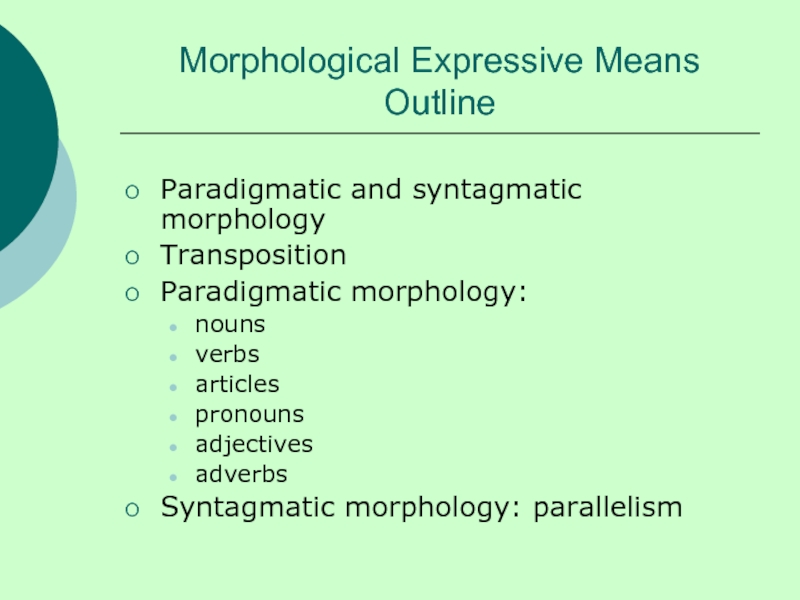
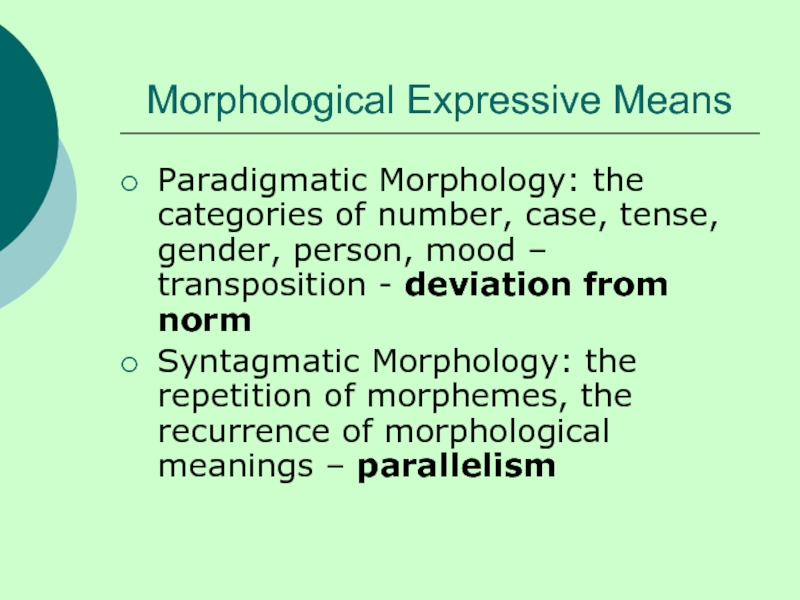
![Koroteeva Valentina Vladimirovna, valentina.shilova77@gmail.com Paradigmatic morphology: TranspositionTo transpose meansTo alter the position ofTo put into a different order [Collins] Paradigmatic morphology: TranspositionTo transpose meansTo alter the position ofTo put into a different order [Collins]](/img/thumbs/e5c5653b68810575e3288ab5ad06d3d0-800x.jpg)
